Advertisement
People's approach to their health is evolving with AI. Geoff Cook, the CEO of Noom, thinks that bettering wellness results depends on AI. Traditional health advice often lacks personalization. AI-powered health technology provides personalized solutions for each user's needs. Noom develops customized AI wellness initiatives using data. This method raises involvement and long-term success rates.
The company's shift toward AI in wellness reflects broader business trends. Through reminders, coaching, and real-time feedback, AI aids in individuals developing better behaviors. AI makes services smarter and more accessible as healthcare moves increasingly toward digital platforms. Intelligent tools will drive, personalize, and link the future of health. According to Geoff Cook, everyone can lead a better life using technology.

AI allows wellness strategies to be personalized to individual needs. Everyone has a unique and personalized path toward health. Noom designs smart health tools using AI. These tools change depending on the habits and behavior of the user. For example, a nutrition plan can be adjusted if progress slows. It also offers motivation when people feel discouraged. AI picks better advice by learning from user data. It leads to quicker results with less frustration. In contrast, traditional methods rely on broad, generalized advice.
AI-driven health technologies offer a custom experience. It knows about eating, exercise, and emotional patterns. It helps users to understand their decisions on their health. AI is an additional tool that coaches use to offer better guidance. Customized AI wellness programs help consumers stay on track, providing them more support and connection. Wellness apps get more potent as AI gets smarter. Noom shows how personalizing increases long-term success. It shows that AI is not a trend—rather, it is now a fundamental component of contemporary medical treatment.
Changing behavior is difficult without the right tools. Using AI, Noom's software tracks daily routines. It identifies individuals who skip workouts or snack excessively. It provides reminders to keep users on track. The app examines user moods and trends. Over time, AI renders the advice more pertinent. Users get smart instruction, not only facts. Small changes can lead to lasting habits. Daily user engagement in AI-driven health technologies is maintained. Reminders and encouragement help people to be consistent.
Noom provides real-time feedback to users to help them stay on course. It knows how emotions influence decisions. AI notes, for example, whether stress causes overindulgence. It then advises light activities or better snacks. These answers seem timely and intimate. People grow in their ability to create better habits over time—customized AI health initiatives direct consumers at every turn. From knowledge to action, they go. AI makes such changes possible for people. It’s a form of coaching that evolves with you.
Geoff Cook believes the future of wellness depends on AI. He says health apps have to change. People want more than just calorie logs and step counters. They want real help tailored to their individual needs. The CEO of Noom wants AI to cover that function. He sees applications responding like actual coaches. Every day, AI should inspire, educate, and mentor. Cook underlines the significance of using ethical AI. Data must assist individuals without compromising their privacy.
Transparency helps people to trust digital wellness technologies. Noom shapes its AI using science and statistics. Helping people live better is the simple aim here. Cook argues that technology has to meet human needs. Real change is produced by AI-driven health technology. It makes support consistent, not only during visits. Cook's response to antiquated ideas is tailored AI wellness programs. When most support is needed, they provide it. Under his direction, digital health gains a human component. It's AI-driven with empathy.

AI in health must be transparent and ethical. The CEO of Noom understands the importance of this responsibility. Users of apps containing personal information trust them. That information has to be kept secure. Decisions involving AI must be fair and transparent. People should know how results come about. Algorithms do not have to feed prejudice. Noom designs fair systems in collaboration with professionals. Cook thinks there is no negotiable privacy. AI should assist, not endanger, consumers. Users need clear consent and control over their data. The company has strict development policies.
AI-powered health technology should empower consumers. It should never fully replace human care. Instead, it should improve it. Programs for personalized AI wellness have to honor consumer needs. They must avoid one-size-fits-all solutions. Noom tests its designs to guarantee safety. Cook supports digital wellness standards. Transparency helps consumers to develop confidence. That confidence becomes long-term involvement. Ethics has to evolve with invention. The way Noom approaches things sets a great model for others in the business.
More companies are adopting AI for health and wellness applications. People want better and faster wellness tools as well. Conventional treatment feels detached and delayed. AI has responses right in your hands. It operates 24/7 and adapts quickly to user behavior. That fits well with wellness apps. Health technology driven by AI guides consumers in better decisions. It fits quite naturally in daily life. Other companies have observed and replicated Noom's success.
AI automates tasks, reducing burnout among coaches. It opens time for personal care. Busy folks find attraction in tailored AI wellness programs. They desire outcomes free of additional work. The market is expanding rapidly—investors back wellness solutions driven by AI. The sector is aware, too, that AI can reduce expenses. It helps users maintain better health for a longer period. That cuts hospital visits and costs. AI increases access to wellness. From physical to mental wellness, AI has limitless applications. Wellness has a very digital future.
Geoff Cook, CEO of Noom, thinks AI is essential for personal wellness in the future. Health technology driven by AI offers behavioral assistance and real-time coaching. Customized AI health programs fit their routines and empower consumers. Cook's perspective emphasizes the need for ethics, trust, and creativity. Technology has to assist people, not replace personal interaction. With smarter tools and better results, AI lets users take charge of their health. The business of health is changing quickly. AI in wellness is now essential for real, long-term health success and is no longer optional.
Advertisement

Explore 10 emerging trends in beauty tech transforming how cosmetics are created, marketed, and applied.

Discover a game-changer in AI tools: Autonomous AI service bots. resolve tickets, predict needs and personalize support.

How the Python Global Interpreter Lock (GIL) works, how it affects threading and performance, and when Python multithreading is useful or limited
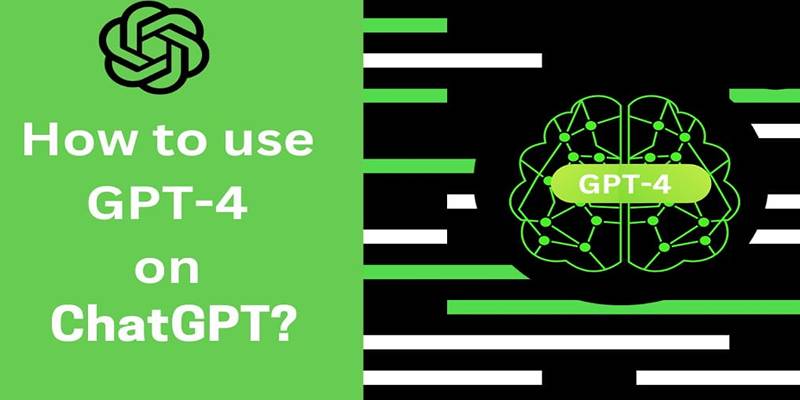
Learn how to access GPT-4 on ChatGPT. Follow these steps to unlock AI features and boost your productivity.
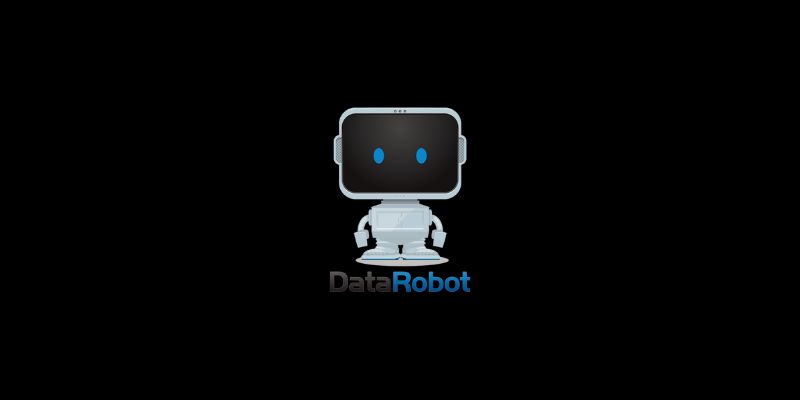
DataRobot's Feature Discovery runs inside Snowflake, offering more secure and scalable machine learning feature engineering

Learn how artificial intelligence organizes random data, increases output, and drives efficiency throughout content management
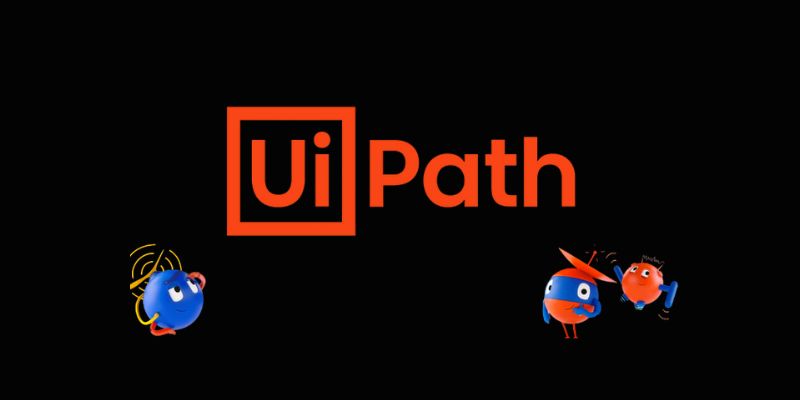
Discover UiPath's latest update with smarter AI bots, easier bot design, improved integration, and powerful automation tools

How can AI help storytellers in filmmaking? Discover how LTX Studio uses AI to generate scenes from written descriptions, making the video creation process faster and more flexible for creators
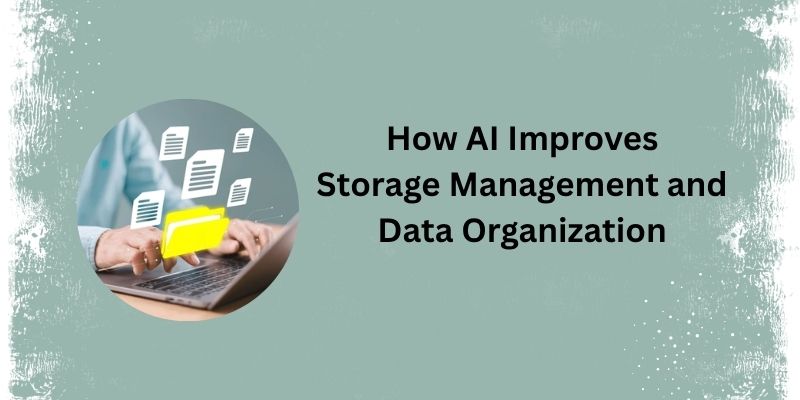
From sorting files to predicting storage needs, see how AI helps manage and optimize your data storage without any effort.

What’s really going on inside a black box AI model? Discover how deep learning, abstraction, and randomness make AI powerful—but hard to explain
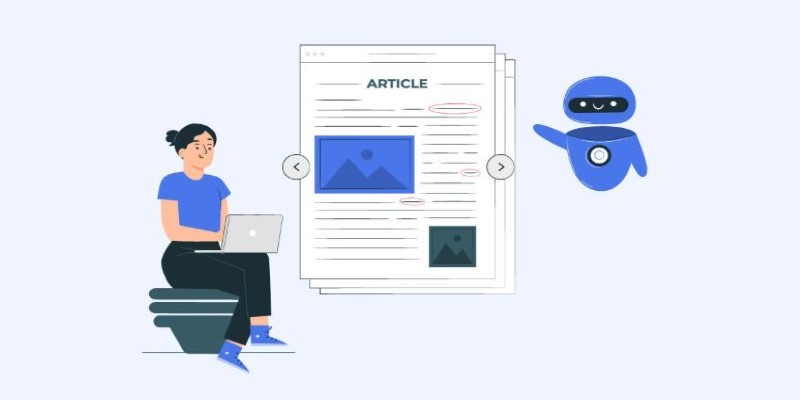
Looking for the best AI grammar checkers? This guide lists the top tools to improve clarity, fix errors, and make your writing sharper with ease
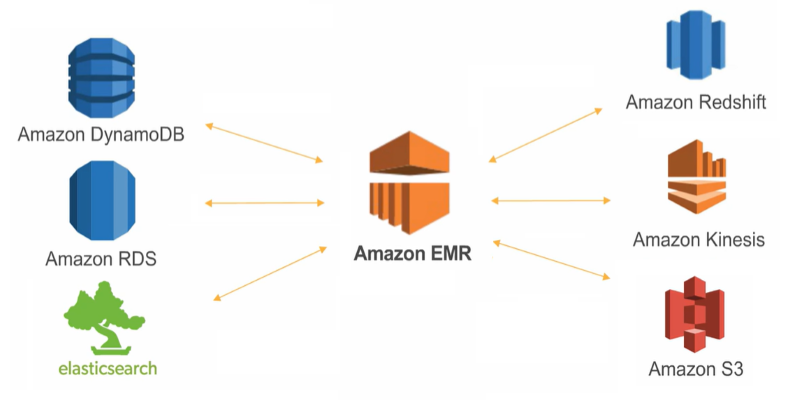
Looking to process massive datasets efficiently? Discover how AWS EMR offers scalable, flexible solutions for big data processing with minimal setup and cost